6 lessons I learnt from my first job
Each experience - good or bad - brings you some knowledge and makes you better. Here is what I have learnt in my first job.
A first experience is always difficult and special. What matters is not how much you loved the job but how much you learnt from it.
The following 6 lessons don't really come from my first job: it's more like a summary of things I learnt during some of my early professional experiences.

1. Be punctual
It might sound like an unnecessary tough task but, trust me, it does make a difference. Having worked on both sides, I know how important punctuality can be.
Besides the fact that it actually shows that you care, it will also enable you to start your day efficiently. I noticed that starting my day in a calm and empty office is so much more efficient. I would usually arrive first and have time for myself, to read my emails and prepare my schedule before anyone would come in and start disturbing me.
Moreover, be considerate to your manager: organizing meetings isn't always easy, but when people are late, it becomes a nightmare and pushes everyone late on schedule.

2. Go for efficient meetings only
Meetings are necessary but can also be killing. Make sure each meeting is efficiently planned, short and that decisions are made. There is nothing worse than what I would call a useless meeting: seating two hours in a room to discuss a project without any structure in the discussion and going out without taking any concrete decision.
To be efficient, a meeting must have a clear list of points to discuss with an objective to reach. The meeting must be planned ahead, so that everyone could fit it in his schedule and arrive on time (having unexpected last minute meetings does nothing but disturbing people in the middle of their tasks, slowing the whole process down).
If you end up in a meeting where no-one really knows what to do or say, take the lead or leave: there is no better waste of time than this type of meeting.
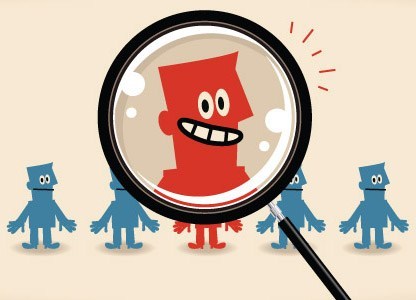
3. God is in the details
When I started my first job, I believed that "as long as it works, why bothering with details?". My unique goal was to do things as fast as possible, ignoring details to focus on efficiency. Back then I had a boss who could be extremely picky about details: alignment, font size, color, wordings... all I would produce would be carefully inspected and scrutinized and bounce back with negative comments. I would then think "why bothering me with tiny details no-one would ever notice?".
Actually, even though most people would not pay attention to this kind of details, their brain would. When you look at a picture with alignment problem, an email with spelling mistakes, a slogan with poor wording... you might not be able to spot out what is wrong but your brain sends you signals that this piece of work isn't "good". Paying very close attention to minor details can really make a difference.

4. Look at the full picture
Looking for details is great, but seeing the full picture is better. In an earlier article I mentioned why people usually don't look at the big picture and focus exclusively on their work. If you focus only on your personal tasks, you will miss the big picture.
I used to have a boss that would keep repeating: "take the helicopter", meaning "look at your work from a higher angle, try to consider it from a more global perspective and include all of your colleagues' tasks in the picture". If you do so, you will discover that your work in itself is useful only because it is part of a complete system that runs the business.
Looking at the big picture means considering the impact of your work and its relationships with other departments within your company. Evaluate your own impact on others and you will be more able to understand management decisions and to be on the boat with others.
5. Know your goals
Never start a day at work without a clear idea of what you are going to achieve. You should have your day planned and know precisely what are the tasks you will work on. For this, you can use the Eisenhower method: "what is urgent isn't necessarily important".
Once you know precisely what you want to achieve, it will be way easier to evaluate the efficiency of your day at work. You will see: on a professional level, you will be able to handle more tasks within the same timeframe, and on a personal level, you will be able to clearly visualize at the end of each day the amount of work done. There is no better feeling than the one of achievement.
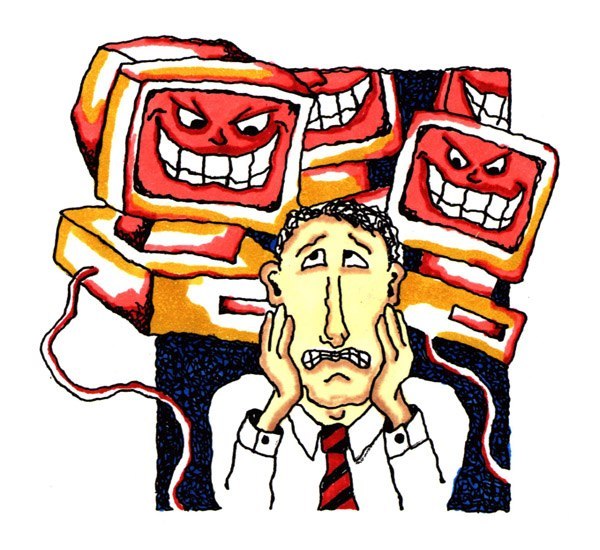
6. Would you hire the online you?
This is something I have learnt before starting my first job and that I keep learning each day since: keep control of your online "you".
With Facebook and other Social Media, people tend to expose themselves to the world. In the past few years, I am sure you've heard many stories of people getting fired after their boss saw a picture of them on Facebook or read a status that should have remained private.
The real problem isn't just only Facebook: the internet in general is a place where you are exposed and lose control.
Just browse your name on internet (that is what your future employer might do before thinking of giving you an interview) and look at what appears: honestly, would you hire the online you?
[edit] If I were to add one more point, it would be the following: look up, never down. Compare yourself with people who are better than you, surround yourself with smart and talented people and learn from them. I have had several "mentors" in my career, several people I learnt from. Those people do not necessarily need to be colleagues or partners: they just need to inspire you and give you the motivation you need to always improve yourself. I have the chance to know Nathalie Baltus, Head of Unit, Business Events, who works for one of the largest bank in the world and organizes events for some of the weathiest companies. Looking at her working, solving complicated situations, negotiating difficult contracts while always keeping her smile on has been realing inspiring for me. I strongly encourage you to find your own mentors or sources of inspiration and learn from them how to make yourself better day after day.
If I had to advise someone who just started his professional career, I would start with those six elements.
Last update: 2024-04-23 Tags: job lesson punctual







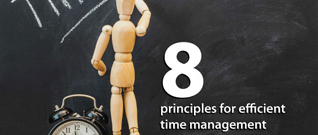
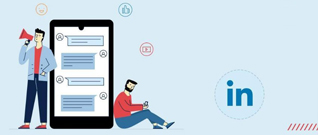

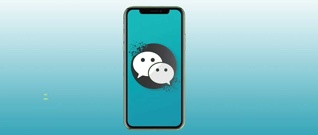
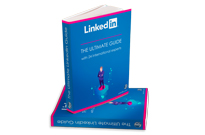
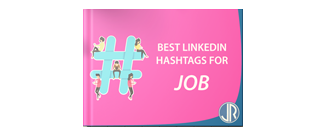
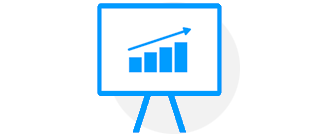
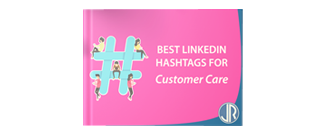

 Français
Français English
English